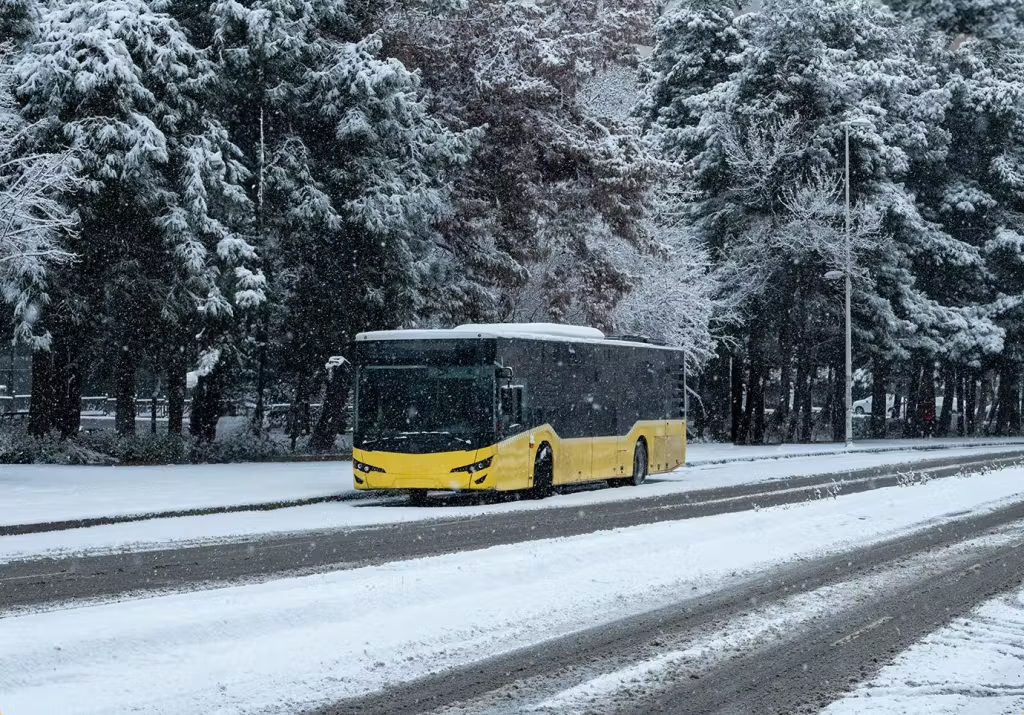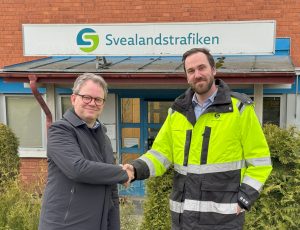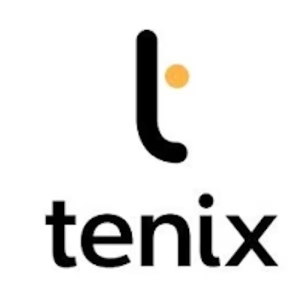Winter brings numerous challenges for bus companies; icy roads, heavy snow and cold temperatures can all affect the performance and schedule of buses. As bus companies prepare for the winter months, ensuring efficient and safe operations is a top priority.
With Tenix, bus companies can gain valuable insights into their operations and make the necessary preparations for the colder months. Here are some ways that bus companies can prepare for the winter season with Tenix.
Comparing fuel consumption
Fuel efficiency can vary dramatically between summer and winter. Cold engines consume more fuel than engines in the warmer seasons, and temperatures inside the buses must be increased for a pleasant experience for passengers, also using a lot more fuel. Additionally, winter conditions might mean that buses have to idle longer to warm up, further increasing fuel consumption. With all these factors to consider, having data about the fuel consumption of each bus is invaluable for bus companies to adapt and prepare.
With Tenix, bus companies can:
Monitor fuel consumption: Tenix tracks the fuel consumption of buses, which allows bus companies to pinpoint which days and which buses use the most fuel. This is crucial in identifying patterns and making adjustments to routes or how much fuel the bus starts its journey with.
Compare seasonal differences: Tenix provides a comprehensive view of fuel consumption across different seasons. By comparing summer data with winter data, bus companies can understand the specific fuel differences between running a bus in winter and running a bus in summer.
Analyzing energy consumption
For electric buses, understanding the difference in energy consumption between winter and summer is crucial. Cold batteries don’t perform as efficiently as those at warmer temperatures, which can affect the range and performance of electric buses. If bus companies are not prepared for this, it could have even more disruptive consequences than fuel buses, since electric buses need designated and scheduled time to charge.
Using Tenix, bus companies can:
Track Energy Usage: Tenix provides bus companies with data on the energy usage of each bus. Bus companies are able to see which buses use the most energy, how far they travel and what route they are on, so they can make adjustments where necessary.
Seasonal Analysis: The ability to compare data allows companies to juxtapose energy consumption data from summer and winter, offering them a clearer picture of how much more energy is being consumed when temperatures drop in order to make adjustments to allow for it.

Crash alerts
Winter roads are notoriously treacherous. With icy patches and reduced visibility, the likelihood of accidents or minor crashes increases. Ensuring the safety of both passengers and drivers is paramount.
With Tenix, bus companies can make use of:
Crash alerts: Alerts can be sent to the fleet management team when a bus has been involved in a crash. This quick response can mean faster assistance to the site, and arrangements to be made to continue the bus service, potentially averting further complications.
Historical Data Analysis: The system stores data on incidents, enabling companies to analyze the circumstances leading to a crash. This can provide valuable insights on whether certain routes are more prone to accidents during the winter months, allowing for more informed route planning.
Monitoring distance travelled
Understanding the distance traveled by buses can play a critical role in maintaining efficient operations. Being able to assess whether a route is too long in winter due to the bus needing more energy or fuel to travel certain distances is valuable for planning and scheduling.
With Tenix, bus companies can:
Accurately track distance travelled: Tenix provides data on the exact distance traveled by each bus. This helps with managing fuel and energy consumption, as more fuel or energy may be required to cover longer distances in winter conditions compared to warmer months.
Route efficiency: By comparing the distances traveled in summer versus winter, bus companies can identify whether certain routes are becoming unnecessarily long due to winter-related detours or re-routes, and prepare accordingly for the following year.
Winter can bring some challenges for bus companies. The silver lining is that with advanced fleet management systems like Tenix, companies are equipped with actionable insights. From understanding fuel and energy consumption variances to receiving alerts about crashes, bus companies can navigate the winter season with confidence, ensuring the safety and comfort of both drivers and passengers.


